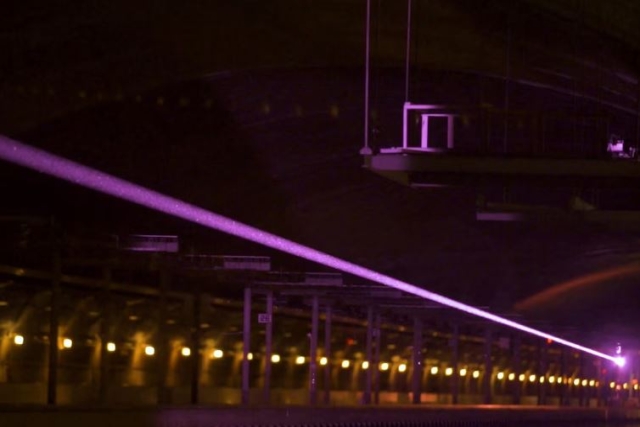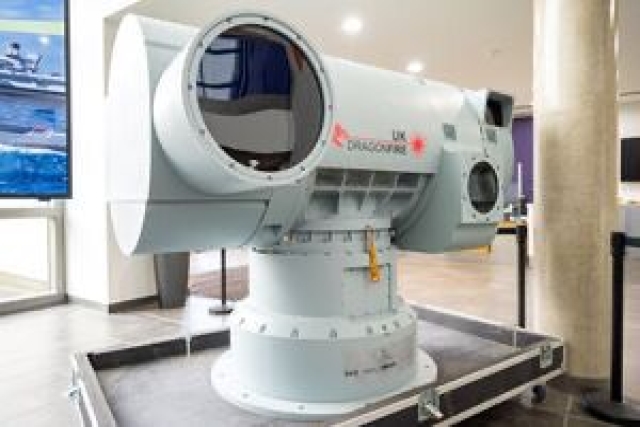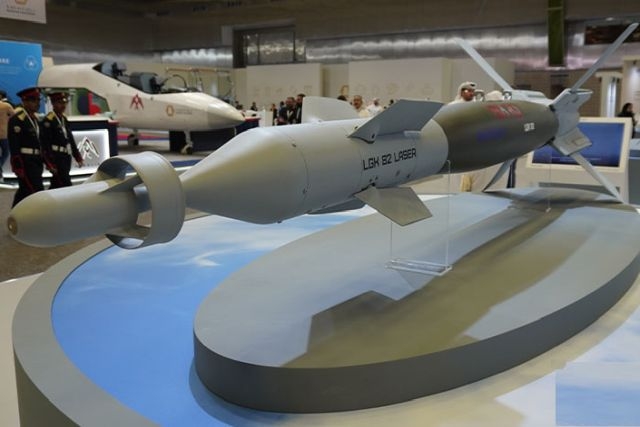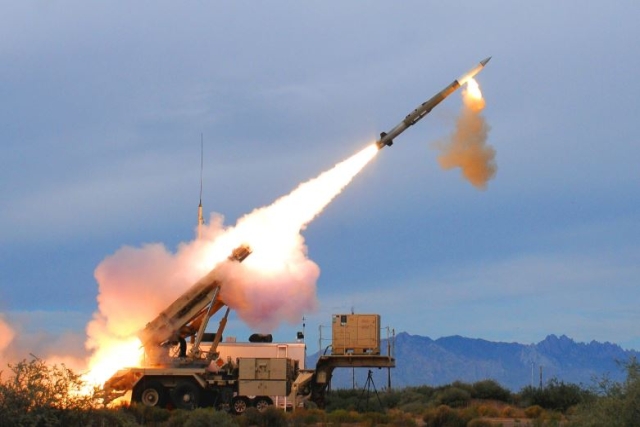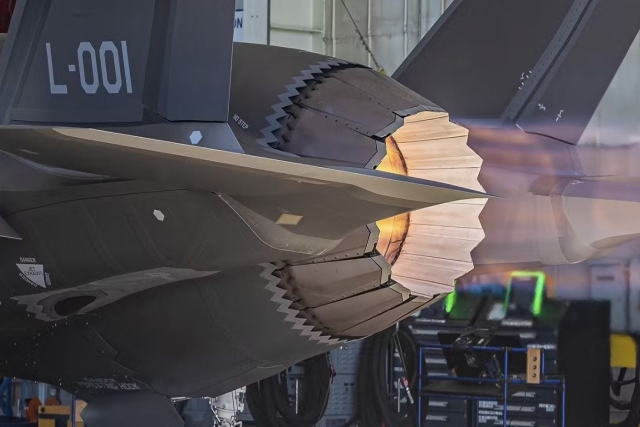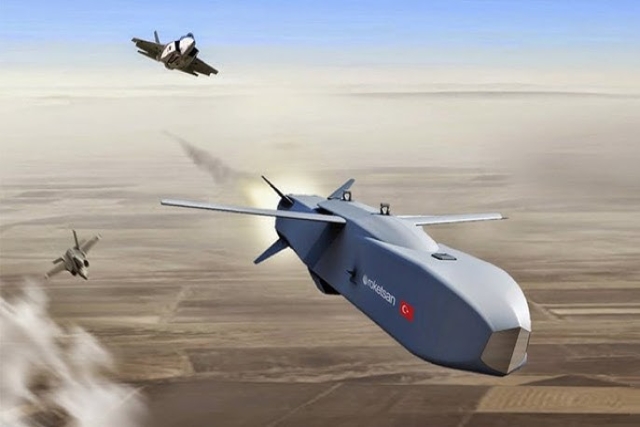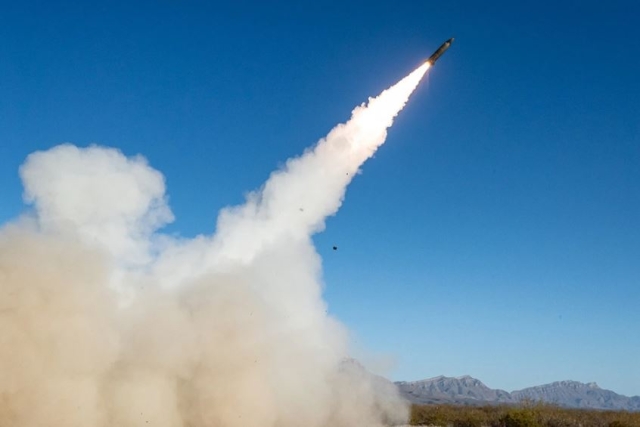Rheinmetall, MBDA to Develop Laser Weapon Systems for Ships by 2030
The system will help defend warships against aerial threats such as drones.

Germany’s Rheinmetall and European missile manufacturer MBDA announced a joint agreement to develop a maritime laser weapon system within the next five to six years.
This effort builds on their September 2023 collaboration, which set the groundwork for developing their first laser weapon platform.
According to a statement from Rheinmetall, the future system would open new possibilities for drone defense on naval vessels. The companies had previously demonstrated the potential of laser weapons during tests aboard the German Navy’s F124 Sachsen-class frigate, where over 100 successful test shots were fired. Rheinmetall noted that the demonstrator had met all performance expectations, including detection, tracking, and effective target engagement.
Laser weapons are seen as a cost-effective alternative to missile systems, particularly in scenarios involving inexpensive aerial threats such as drones. For example, the UK's in-development DragonFire high-energy laser is projected to cost approximately £10 ($13) per shot. This technology could potentially reduce the costs incurred by navies currently using expensive missiles to intercept low-cost targets, as seen in recent engagements involving U.S. warships in the Red Sea.
Despite the promise of laser systems, they have long faced design challenges, particularly regarding beam stability and power sustainment, which are essential for maintaining focus on targets.
Nonetheless, there is growing momentum behind laser weapons for missile defense. For example, Rafael’s Iron Beam, a ground-based laser system, is expected to be operational by 2025, with capabilities to intercept a variety of threats at ranges from hundreds of meters to several kilometers.

